Avec Valeo, un partenariat gagnant-gagnant
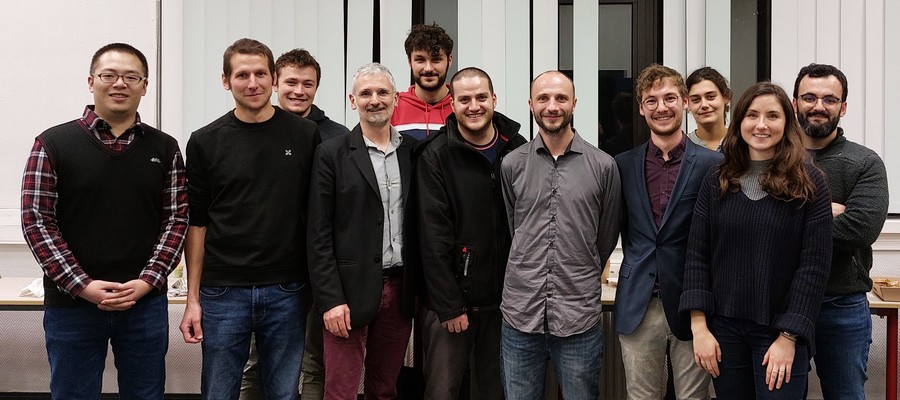
Le partenariat avec Valeo est exemplaire de tout ce que peut apporter pour les deux parties une collaboration entre un industriel et des équipes de recherche !
Quelle est l’efficacité pédagogique des jumeaux numériques en réalité virtuelle ?
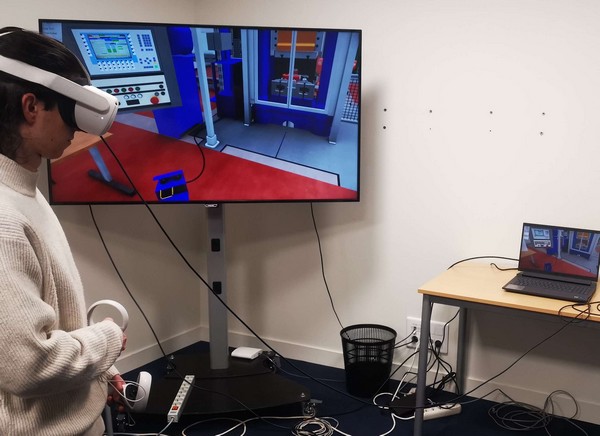
Un cours en réalité virtuelle est-il plus stimulant qu’un cours en présentiel ? C'est la question que Pierre Bondesan pose dans sa thèse menée avec l'équipe de l'institut de Laval.
« Arts et Métiers et le KIT ont beaucoup à s’apporter mutuellement »
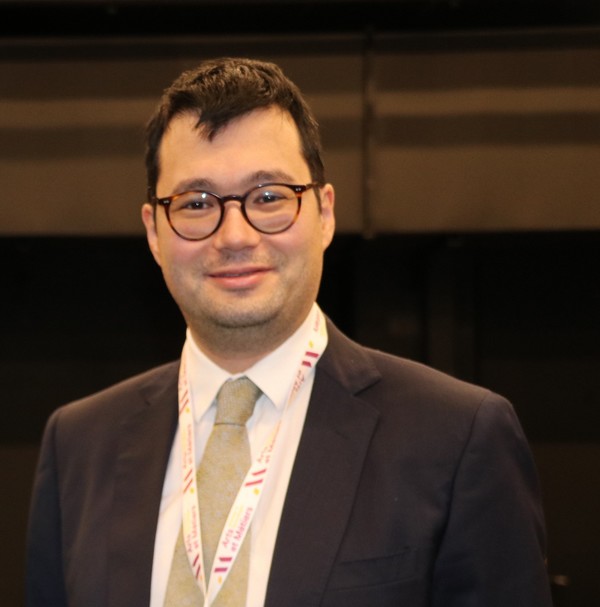
Jean-Rémy Chardonnet vient d’être nommé responsable de l’institut franco-allemand pour l’industrie du futur, une structure créée par Arts et Métiers et le KIT.
AMVALOR : une année 2022 exceptionnelle et une année 2023 déjà prometteuse
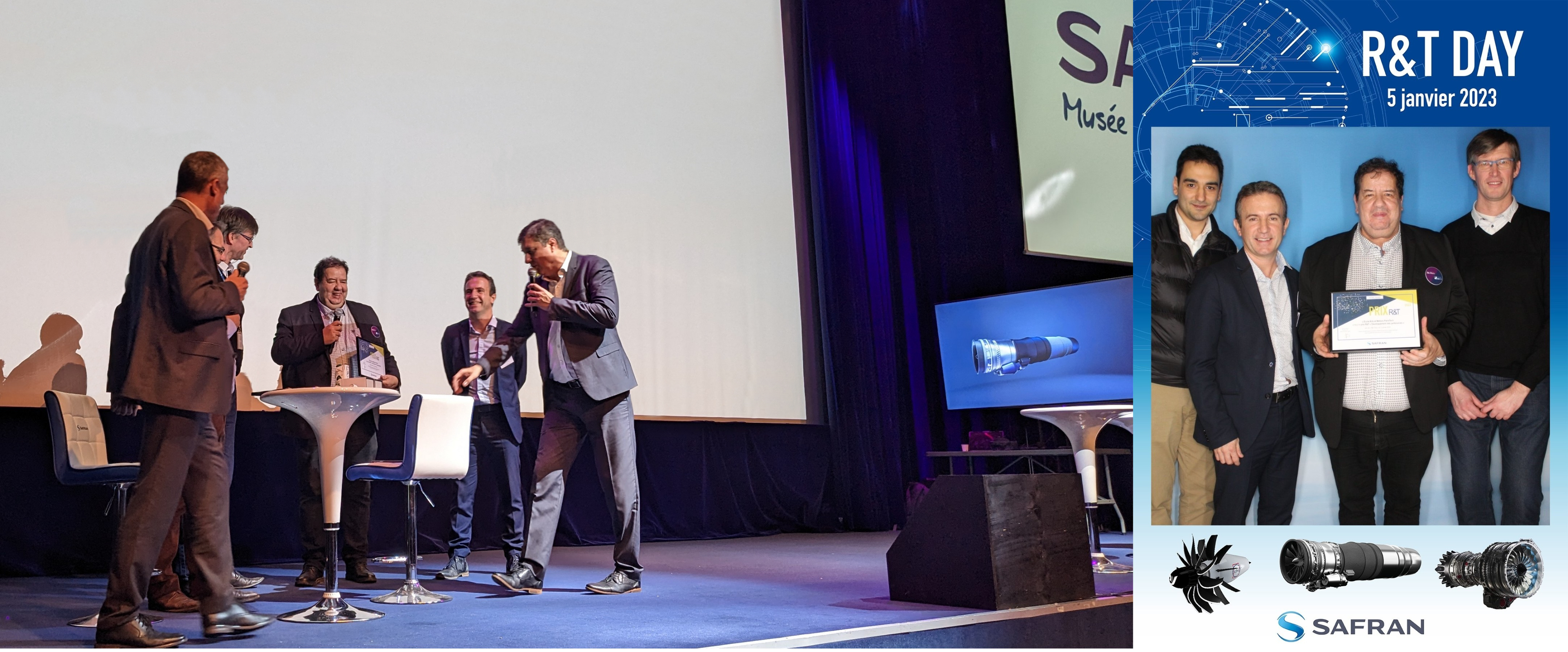
Après avoir battu tous ses records en 2022, AMVALOR, la filiale de valorisation d’Arts et Métiers, a encore des projets structurants en cours qui devraient se concrétiser en 2023. Explications avec Bertrand Coulon, directeur du développement.
Un premier bilan pour la Chaire de Formation en Gestion Industrielle du Campus de Lille
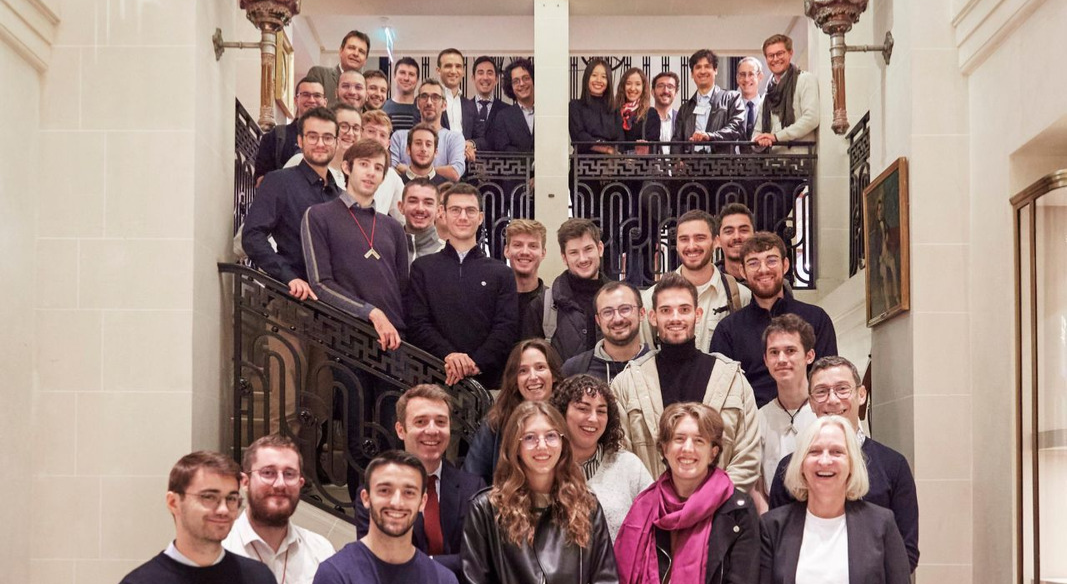
L’expertise Gestion Industrielle du Campus Arts et Métiers de Lille permet aux élèves de 3e année d’entretenir des liens solides et contacts réguliers avec les entreprises partenaires de la Chaire de Formation en Gestion Industrielle. Une démarche très appréciée des différentes parties prenantes. 18 mois après la création de la Chaire de formation, l’heure est au bilan.
Challenge et certification Green belt pour les 3e année PGE du Campus de Lille

La fin du mois de janvier était riche en évènements pour les élèves de 3e année sur le Campus de Lille.
Foire Aux Questions - Taxe d'Apprentissage 2024
Découvrez la Foire Aux Questions concernant les nouveautés en 2023 sur la Taxe d'Apprentissage !
1 - Qu’est ce qui change pour 2023 pour la Taxe d'Apprentissage ?
- A compter de cette année, les entreprises ne versent plus directement le solde de la taxe d’apprentissage à l’Ecole. Le versement devient indirect par l’intermédiaire de la plateforme de la Caisse des Dépôts et Consignations : SOLTéA ; le fléchage vers les Arts et Métiers est donc indispensable
- A partir de 2023, les établissements d'enseignement ne sont plus habilités à recevoir directement vos chèques et virements.
- Arts et Métiers ne percevant plus directement votre versement de la TA ne pourra plus vous éditer de reçu libératoire. Seul votre prélèvement par l’URSSAF sera la preuve de votre versement.
- Le montant du solde de la TA est fixé à 0, 09% de la masse salariale de 2022.
2 - Je veux soutenir Arts et Métiers : comment faire ?
Pour nous soutenir, il suffit de se connecter à partir du 25 mai 2023 à la plateforme SOLTEA et choisir ENSAM (codes UAI) dans le moteur de recherche sur la plateforme.
3 - Je veux soutenir un campus Arts et Métiers : comment faire ?
Il suffit de se connecter à partir du 25 mai 2023 à la plateforme SOLTEA et sélectionner le code UAI du campus de votre choix.
Liste des UAI des différents Campus >>> ICI <<<
>>> Attention vous avez jusqu’au 30 juin pour faire votre choix.
4 - Pourquoi se connecter à Soltéa est important pour Arts et Métiers ?
Votre question n’est pas dans cet FAQ ?

Contacter nous par mail taxe-apprentissage@ensam.eu
Invent for the planet (IFTP), un challenge technique et culturel !
Dans le cadre de son partenariat avec Texas A&M University, Arts et Métiers s’est associé pour la 2e fois à un événement qui fait partie du programme Aggies Invent de TAMU (expériences de conception intensive de
